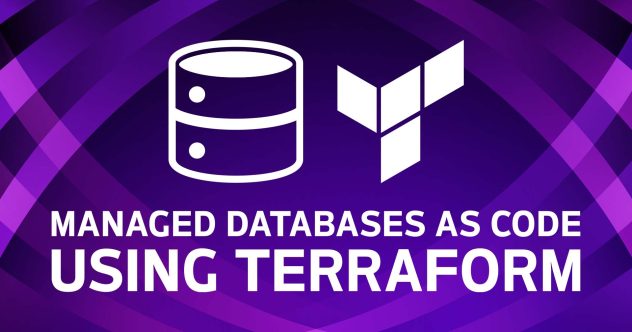Data portability and redundancy are essential elements for creating scalable cloud-native applications. Platform agnostic tools can be used to serve multicloud, multi-region workloads with the flexibility that enterprise applications demand. Couchbase is a high performance NoSQL database designed for the kind of dynamic scaling necessary in today’s complex cloud ecosystem. We collaborated with teams at Couchbase to offer quick and streamlined deployments of high-availability Couchbase Enterprise Server database clusters on Akamai’s cloud computing service (previously known as Linode).
Couchbase can be used as a replacement for NoSQL datastores, such as Mongo or Redis, or in tandem with big data connectors like Spark and Kafka. Couchbase stands out with intuitive node management and multidimensional scaling that allows the end-user to maximize their compute budget. The same tools help to manage the sprawl of multi-region deployments with push-pull clustering and resilient cross-data center replication (XDCR).
Couchbase joins other Marketplace cluster apps to make deploying and configuring highly available, cloud-native clusters as easy as deploying an app on a single instance. Marketplace clusters eliminate the manual tasks and additional scripting typically required to set up a high-availability environment while providing reasonable default security practices such as TLS, encryption, strict firewall rules, and generated passwords for restricted users.

How It Works
The Couchbase Marketplace app uses publically available, open source Ansible playbooks to automate the provisioning of compute instances and the configuration of a networked Couchbase cluster. The playbooks query Linode APIv4 to populate dynamic variables, like IP address assignments, in the background. This simplifies discovery and network design for complex production workloads by keeping deployment hands-off.
The app provides an option of three, five, or seven node clusters. Each cluster has a two-to-one ratio of Data to Index/Query nodes for optimum resilience and availability. The built in generation of TLS certificates allows for default node to node encryption, and fully secure XDCR with minimal administrator changes. These options are suitable for many use-cases. For assistance deploying a more specialized or scaled cluster, contact Couchbase.
To deploy the cluster to any available region, simply add your Linode API token, choose a sudo username for provisioning alongside the cluster, and provide the necessary subject information for generating self-signed TLS certificates.
Account SSH keys are assigned to the created sudo user, allowing the option to disable root authentication by SSH, and enforce pubkey authorization. Once the installation is complete and you have saved the generated secrets, the Couchbase Enterprise Server cluster can be administered via the CLI or TLS secured web UI.
Get started by searching for Couchbase on our One-Click App Marketplace.
Before using the Couchbase Enterprise Server cluster in production, you’ll need to contact Couchbase Support to activate your Enterprise license on Akamai cloud.
We are excited to collaborate with Couchbase and keep making cloud-native infrastructure as code deployments simple to manage with Akamai!







Comments (1)
The addition of Couchbase Enterprise Server Cluster to the One-Click App Marketplace is exciting news! It promises to simplify the deployment and management of powerful database solutions. I’m eager to see how this will benefit businesses looking for efficient, scalable database options and what kind of impact it will have on overall productivity.